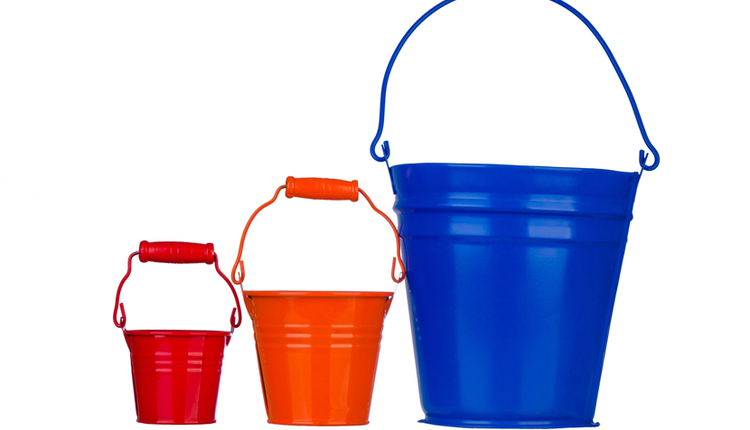
Image by: IPGGutenbergUKLtd, ©2019 Getty Images
A business's records management department can play a key role in advancing the information governance initiative throughout the organization. As a neutral party, they can serve as a liaison for the various stakeholders, such as legal, business units, information technology (IT), information security, and data privacy, by helping to create an open and honest conversation between the various members of the information governance committee.
There are five essential roles that records managers can play without dominating or taking over the initiative. Rather, these roles are ideal for making information governance seem less overwhelming and intimidating.
1. Educator
One of the primary roles for records managers is to educate the team on records management issues. This includes bringing awareness to the records management policy, the retention schedule, and the current records management processes. Additionally, they can enlighten the team of the existing gaps in the company that may inhibit sound information governance practices.
Records managers also possess deep knowledge on how a variety of legal and business issues affect records and information management (and information governance). With a foot in both the information and business worlds, records management can act as a bridge between these different groups. For example, records managers can explain the litigation risk to the business for retaining records longer than necessary. Conversely, they can also educate the business on the need to retain records for a specified period according to law.
Records managers also possess deep knowledge on how a variety of legal and business issues affect records and information management (and information governance). With a foot in both the information and business worlds, records management can act as a bridge between these different groups. For example, records managers can explain the litigation risk to the business for retaining records longer than necessary. Conversely, they can also educate the business on the need to retain records for a specified period according to law.
2. Coordinator
Information governance involves every department in a company. Records management can act as a single point of contact to communicate and coordinate with all involved stakeholders so the required activities are performed in the proper order and on schedule.
3. Facilitator
Records managers can follow up with team members to keep the initiative moving forward. They can identify and inform the information governance committee of potential roadblocks down the road. For example, IT might encounter technology problems that can stall a project. Records management can inform the team and point out potential impacts this may have on other departments and any delays in project timelines.
4. Mediator
In order to keep everyone on the same page, records management can act as the mediator so that all parties agree on common goals and objectives of the committee. As mediator, records management can help lay out everyone’s requirements and guide the group to agree on the goals, objectives, and next steps of the project when disagreements arise.
The primary battle is usually around retention requirements between legal and the business. Another frequent area of conflict is data privacy. By openly laying out the needs of each group ahead of time, the records management department can avoid difficulties down the line.
5. Neutralizer
This may yet be the most difficult role to play for records management. The primary desire of each stakeholder is to protect their own interests. There may be times when someone in the group is only interested in advancing their own goals—to the detriment of others. Discussions can get heated, and egos can be bruised. Records management can step in and neutralize the situation by gathering facts from all sides to resolve any conflicts as an impartial party.
Each of these roles can play an important part in the information governance conversation. In its normal daily function, records management already interfaces with legal, the business, and other stakeholders. Building on these existing relationships makes records management a natural fit for a seat at the information governance table.
Each of these roles can play an important part in the information governance conversation. In its normal daily function, records management already interfaces with legal, the business, and other stakeholders. Building on these existing relationships makes records management a natural fit for a seat at the information governance table.
Cindy Zuvich, CRM, is the Principal of Unigrated Global, an information governance consultancy and records management services company based in White Plains, New York. Contact Cindy at cindy.zuvich@unigrated.com.











